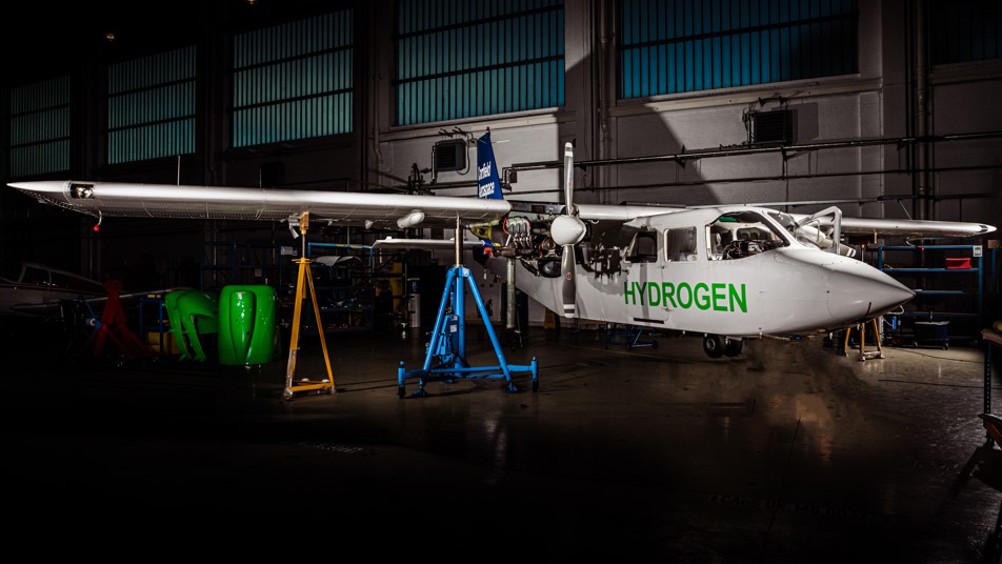Cranfield Aerospace powers ahead with hydrogen flight vision
At a hangar in rural Bedfordshire, UK firm Cranfield Aerospace Solutions is quietly charting a course for a new era of zero-emissions aviation. Jon Excell reports.

It takes all sorts to drive a revolution. Whilst some trumpet every achievement and milestone from the roof-tops, others prefer to work quietly under the radar, only breaking cover when they’re confident they’ve got something to shout about. Cranfield Aerospace Solutions (CAeS) is one such company.
Originally spun out from Bedfordshire’s Cranfield University in the late 1990s, CAeS forged its reputation carrying out design, maintenance and modification work for some of the aerospace sector’s biggest names. But when current CEO - former Airbus and Thales executive Paul Hutton - came on board in 2015, he spotted an opportunity to apply this hard-won expertise to civil aviation’s biggest challenge - the push for net zero - and put in place an ambitious strategy to transform the company into a world-leading designer and manufacturer of zero carbon aircraft.
At the heart of this vision is an initiative dubbed project Fresson (named after Scottish aviation pioneer Ted Fresson) a multiphase effort aimed at delivering commercial hydrogen-electric powered flight, initially for regional and sub-regional flight. And whilst some of the firm’s traditional work continues - for instance CAeS remains responsible for keeping the BBMF (Battle of Britain Memorial Flight) Spitfires and Hurricanes up in the air - Fresson is now the prime area of focus.
Register now to continue reading
Thanks for visiting The Engineer. You’ve now reached your monthly limit of premium content. Register for free to unlock unlimited access to all of our premium content, as well as the latest technology news, industry opinion and special reports.
Benefits of registering
-
In-depth insights and coverage of key emerging trends
-
Unrestricted access to special reports throughout the year
-
Daily technology news delivered straight to your inbox











Comment: The UK is closer to deindustrialisation than reindustrialisation
"..have been years in the making" and are embedded in the actors - thus making it difficult for UK industry to move on and develop and apply...